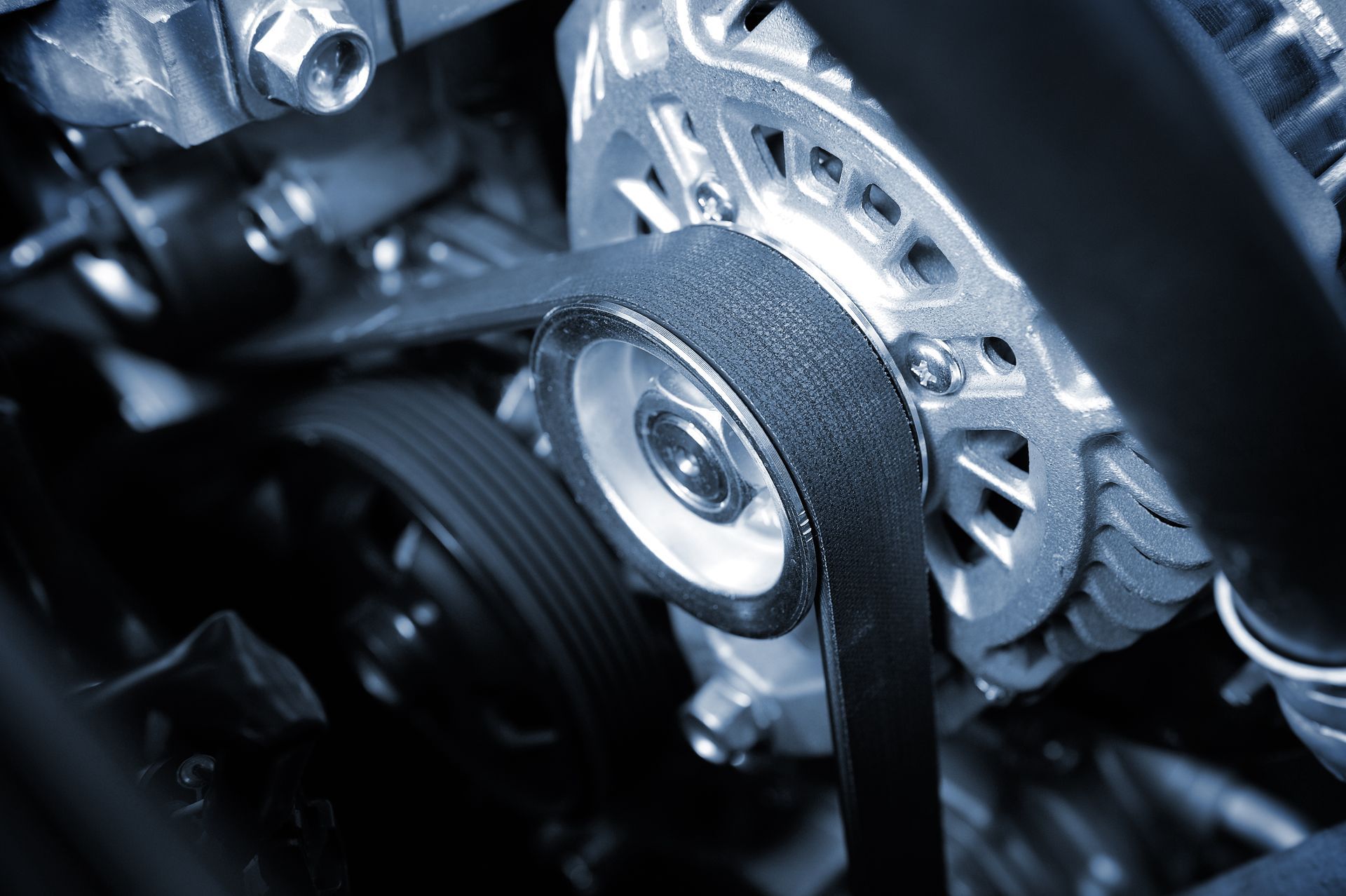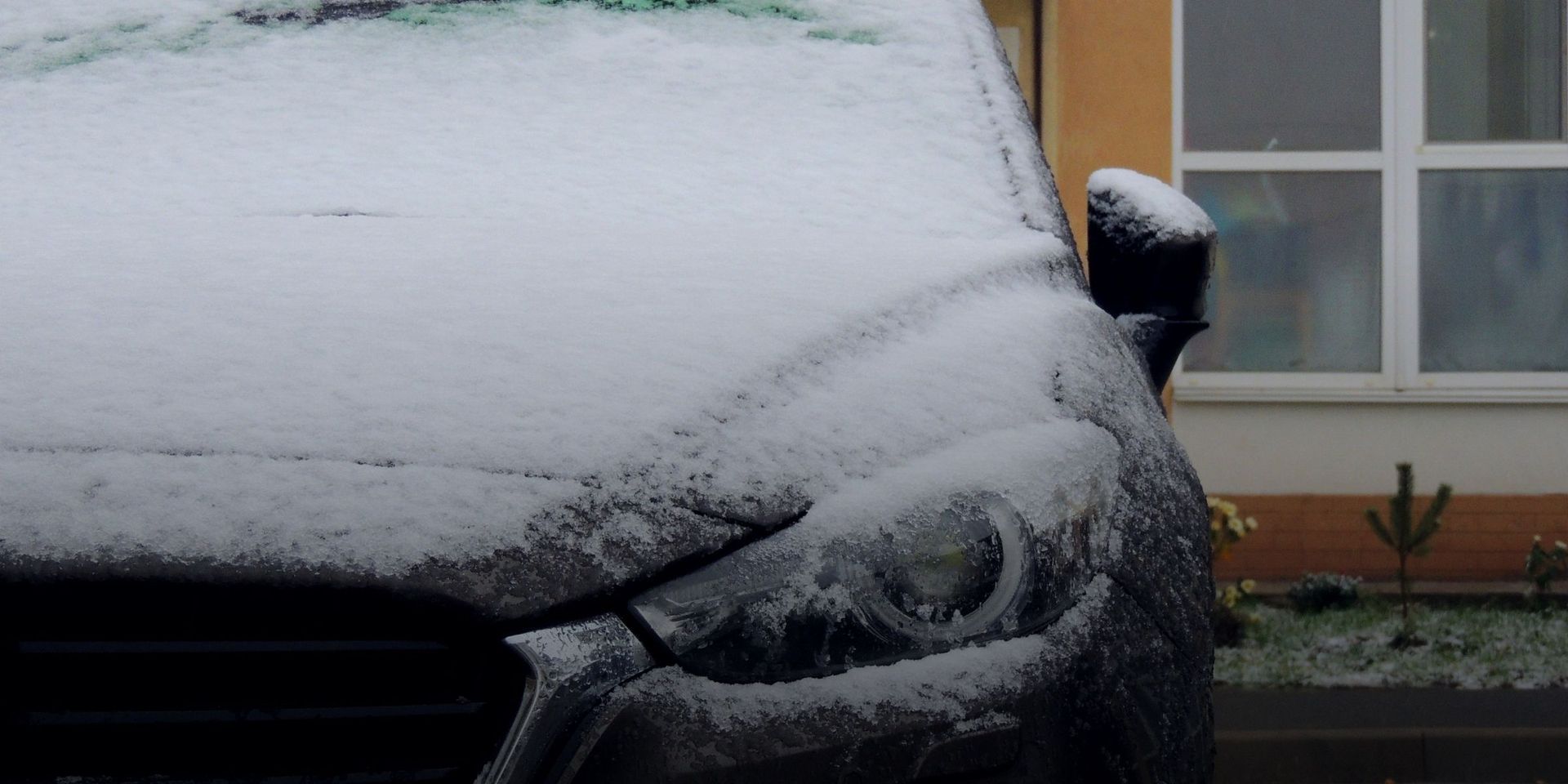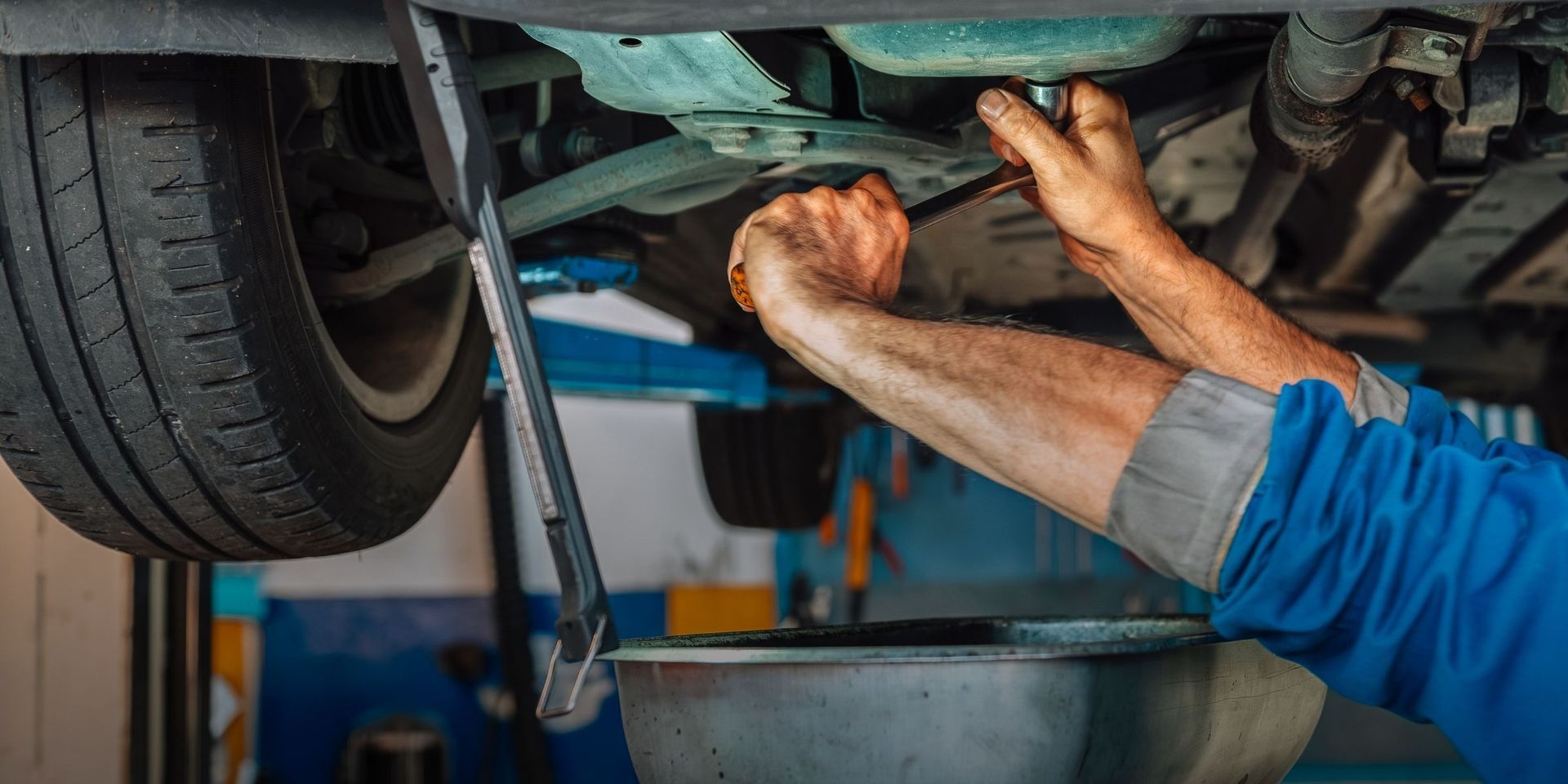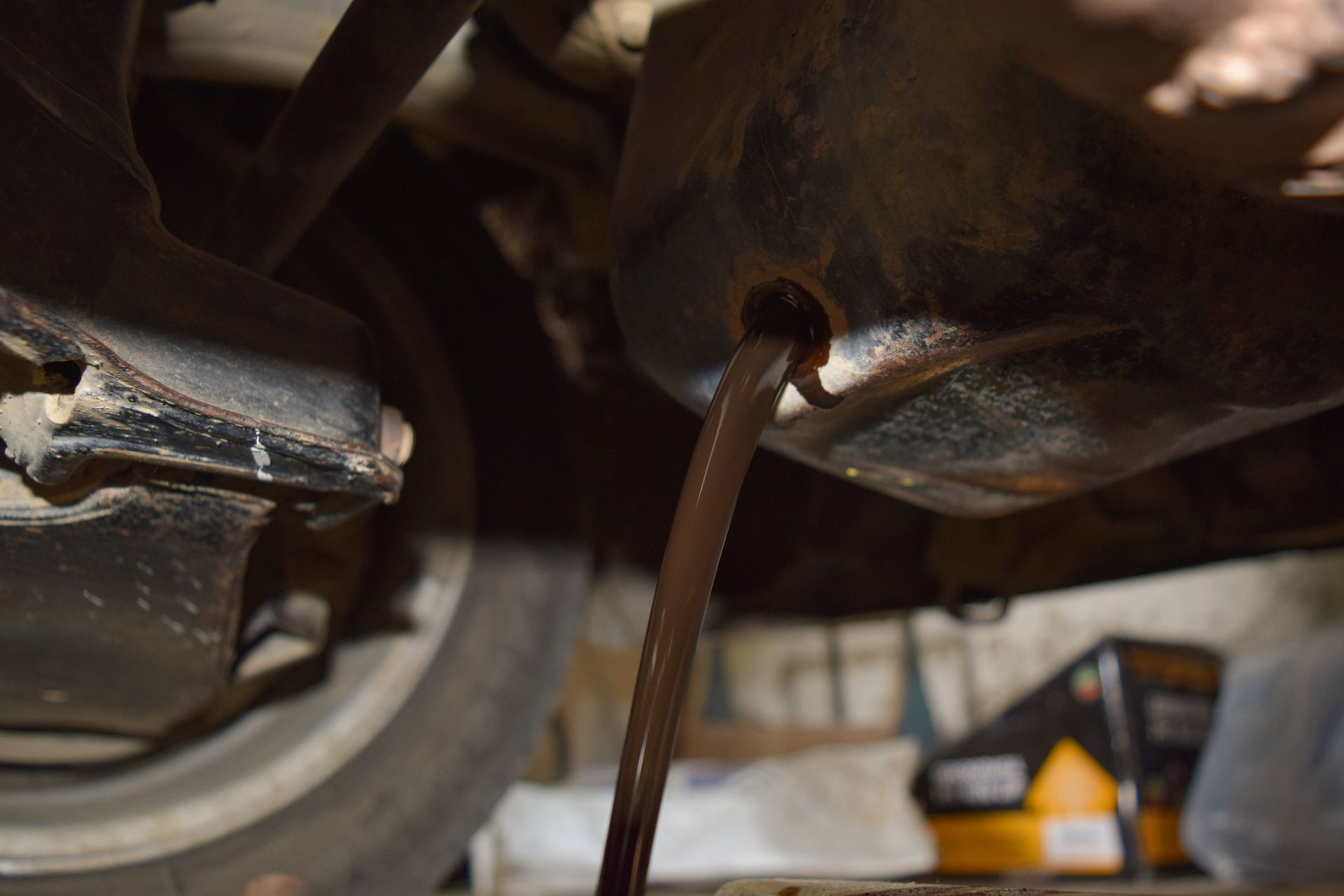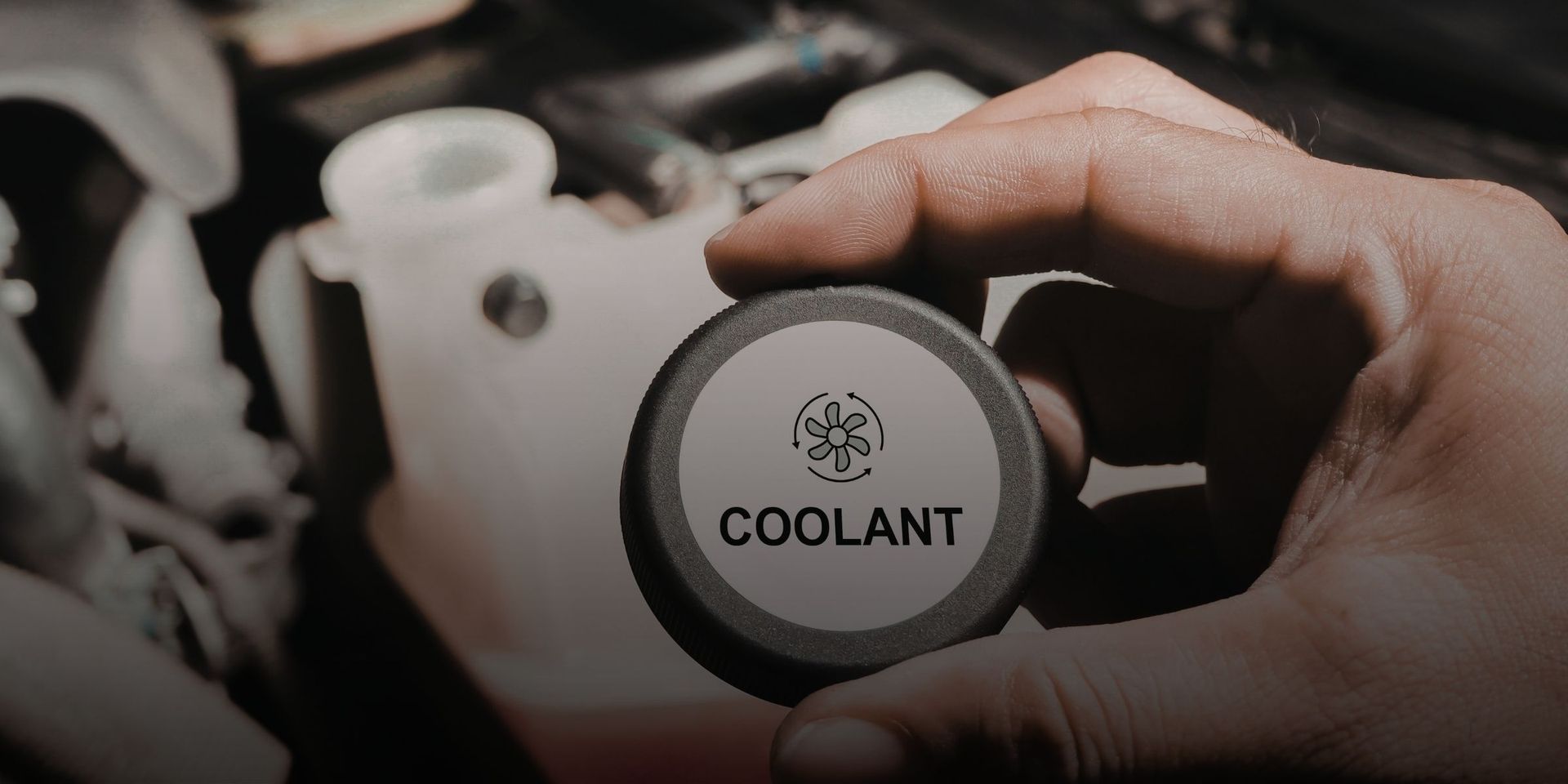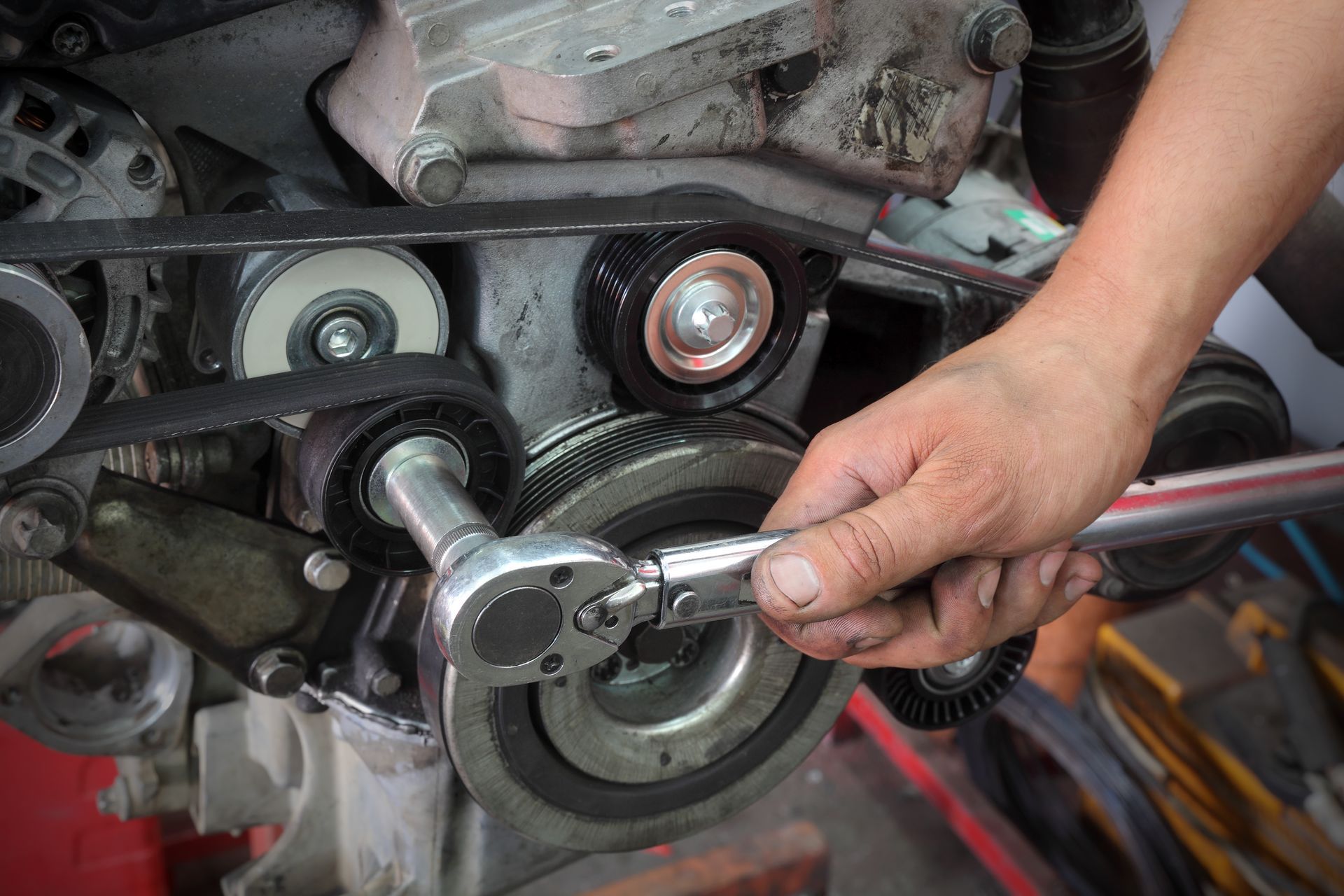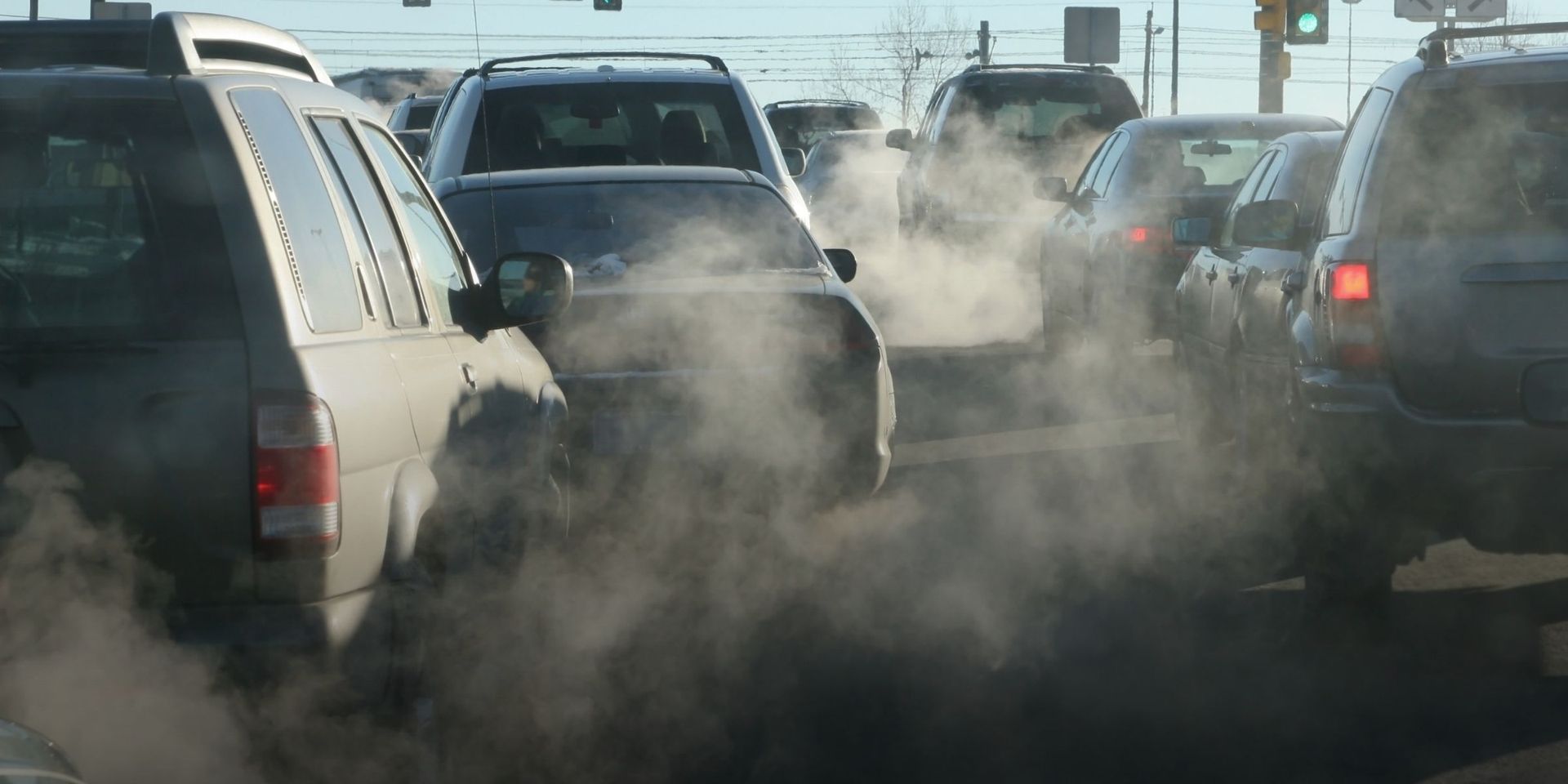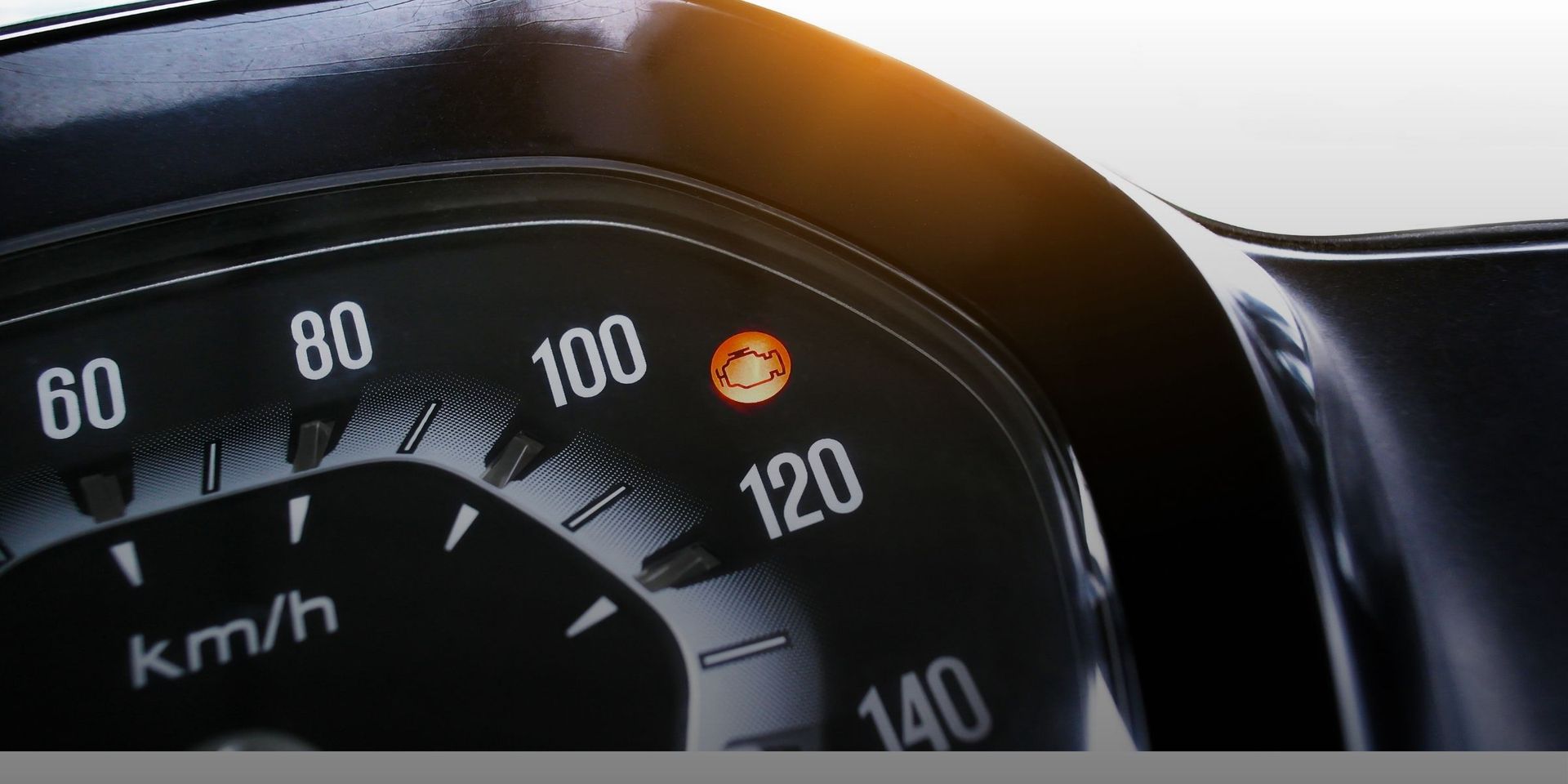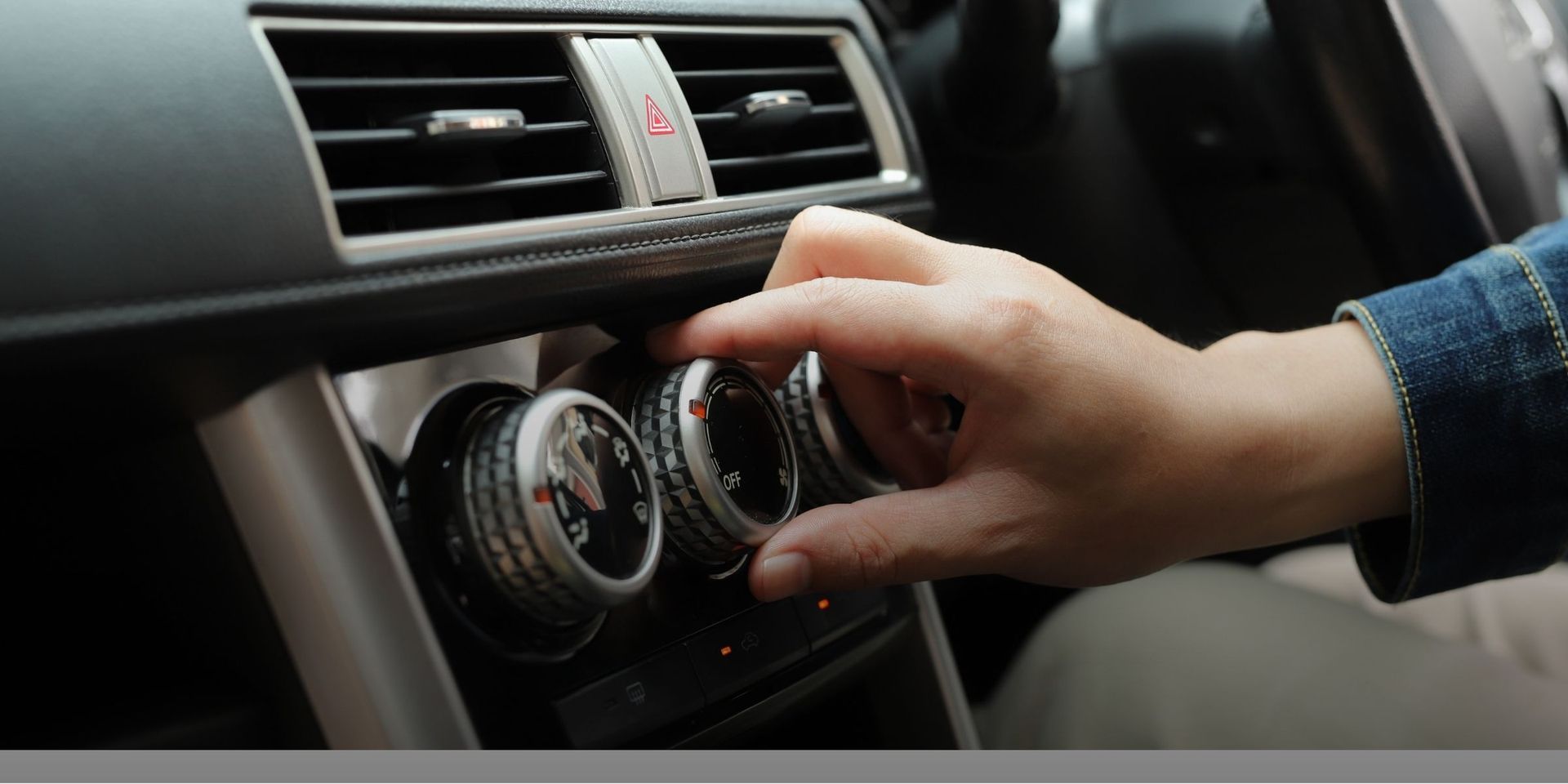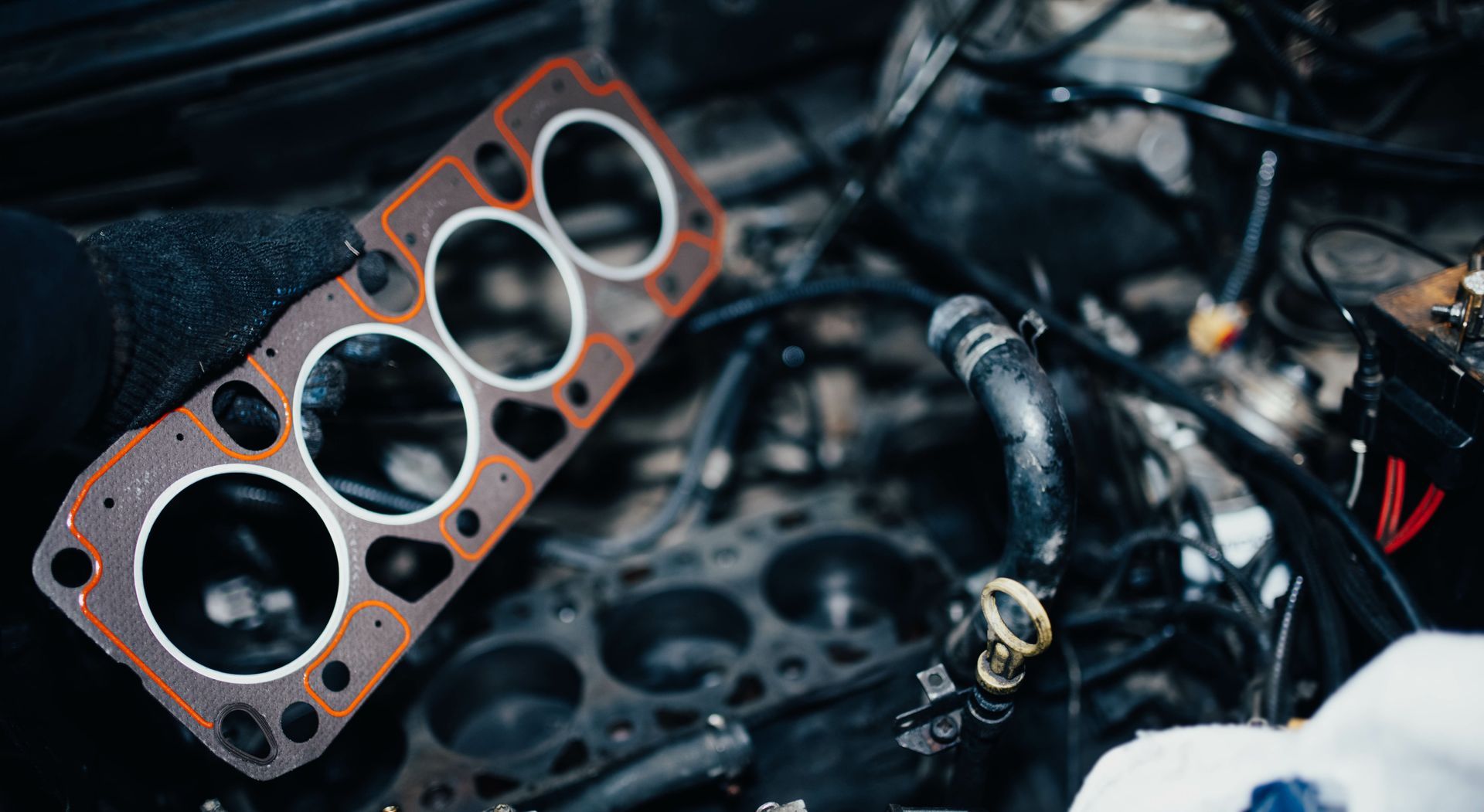Here’s what really happens when you mix regular and mid-grade gasoline, and how to protect your engine (and wallet).
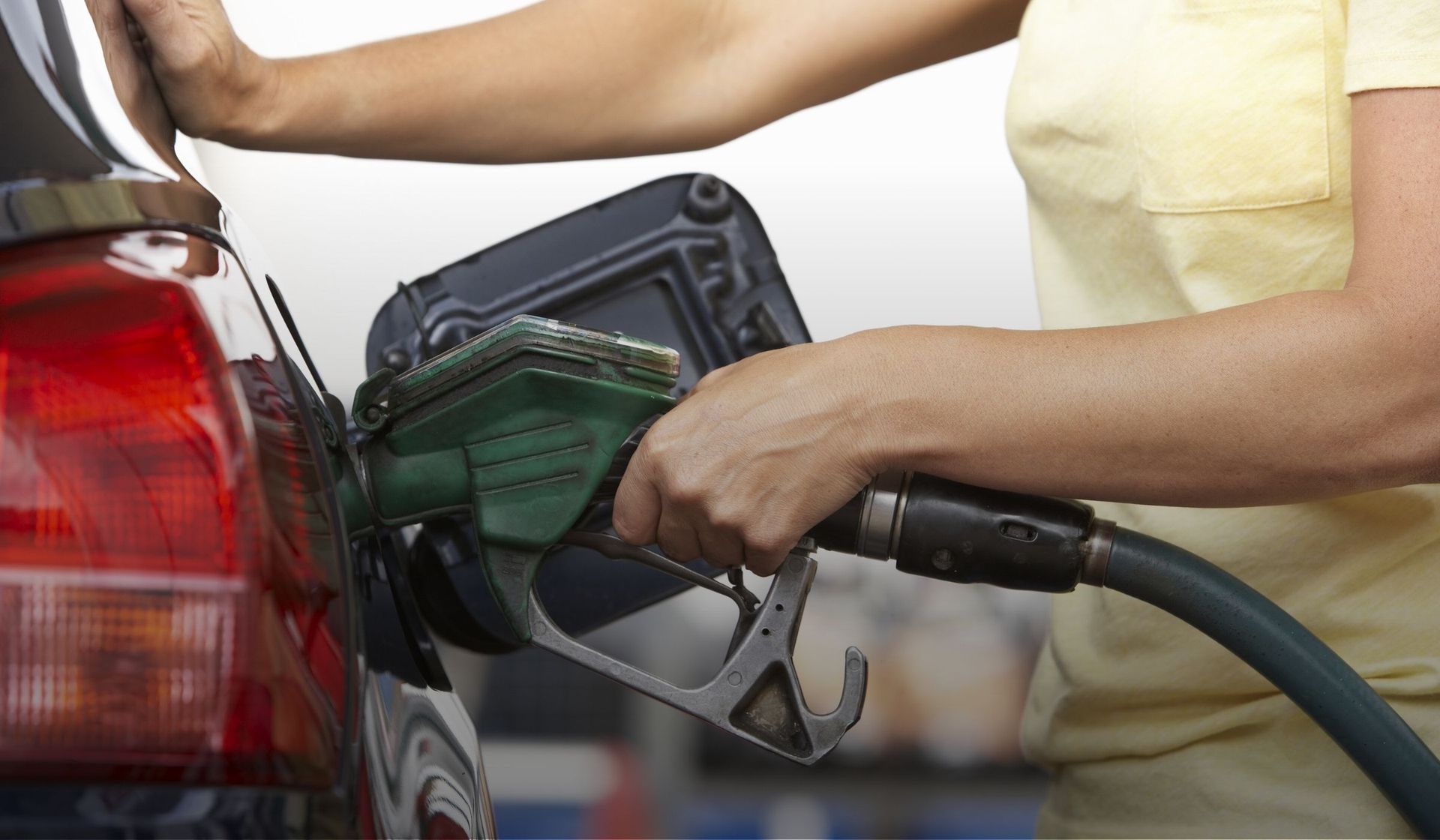
Can You Mix 87 and 89 Gas?
The short answer: yes, you can — but you shouldn’t make a habit of it.
Mixing different octane levels won’t destroy your engine, but it can slightly affect performance and fuel efficiency depending on your vehicle type.
What’s the Difference Between 87, 89, and 93 Octane Gas?
At the pump, those numbers: 87, 89, and 91–93, refer to octane rating, which measures a fuel’s resistance to knocking (premature combustion inside the engine).
- Regular (87 octane) – The standard fuel for most vehicles.
- Mid-grade (89 octane) – Slightly more resistant to knocking.
- Premium (91–93 octane) – Designed for high-performance or turbocharged engines.
A higher octane fuel resists early ignition under pressure, which helps certain engines run smoothly at higher compression ratios.
However, if your car’s manufacturer recommends regular gas, using 89 or 93 won’t make it faster or cleaner - it just costs more.
What Happens if You Mix 87 and 89 Gas?
If you accidentally mix the two, your tank’s overall octane rating will blend somewhere in between (around 88).
That’s safe for nearly all cars.
You might notice:
- Slightly reduced fuel efficiency
- Minimal difference in engine performance
The bigger concern is when your vehicle requires premium gas and you fill up with regular - that can cause engine knocking, especially under heavy acceleration. Knocking sounds like a metallic ping or rattle when you press the gas pedal. Over time, repeated knocking can damage pistons and valves.
If you ever have to mix fuels in a pinch, run the tank low before your next fill-up and return to your manufacturer-recommended grade.
Does Mixing Octane Clean or Improve Your Engine?
No, this is a common myth. Mixing 87 and 89 won’t “clean out” your engine or increase horsepower.
Modern engines already adjust ignition timing automatically, and the benefit of a slightly higher octane in a regular car is negligible at best.
Instead, stick with your recommended fuel type and focus on routine maintenance: clean filters, quality oil changes, and professional inspections for better long-term performance.
How Gas Works Inside Your Engine
Gasoline is made of hydrocarbons. Inside the engine:
- Fuel mixes with air in the cylinder.
- The spark plug ignites the mixture.
- The resulting pressure drives the pistons, which turn the crankshaft and move your car.
If combustion happens too early (before the spark fires), that’s knocking - and the octane rating is what helps prevent it. Most modern vehicles include knock sensors that adjust timing automatically to avoid damage, but consistent use of the wrong fuel can still reduce performance and mileage over time.
So, Can You Mix 87 and 89 Gas?
Yes, it’s safe if you do it occasionally.
No,
it won’t improve performance or clean your engine.
Best practice: always follow the octane rating listed in your owner’s manual.
If your car calls for premium, you can safely use 87 only in an emergency. Just top up with premium on your next fill-up.
Final Thoughts: Save Money, Protect Your Engine
Mixing gas grades won’t ruin your car, but using the wrong octane long-term can hurt performance and efficiency.
If you hear knocking, notice reduced acceleration, or suspect a fuel system issue, our ASE-certified technicians can help.
Schedule an appointment at
America’s Service Station Alpharetta for
expert diagnostics, engine repair, and honest advice on keeping your car running smoothly.
Additional Auto Repair Services to explore:

